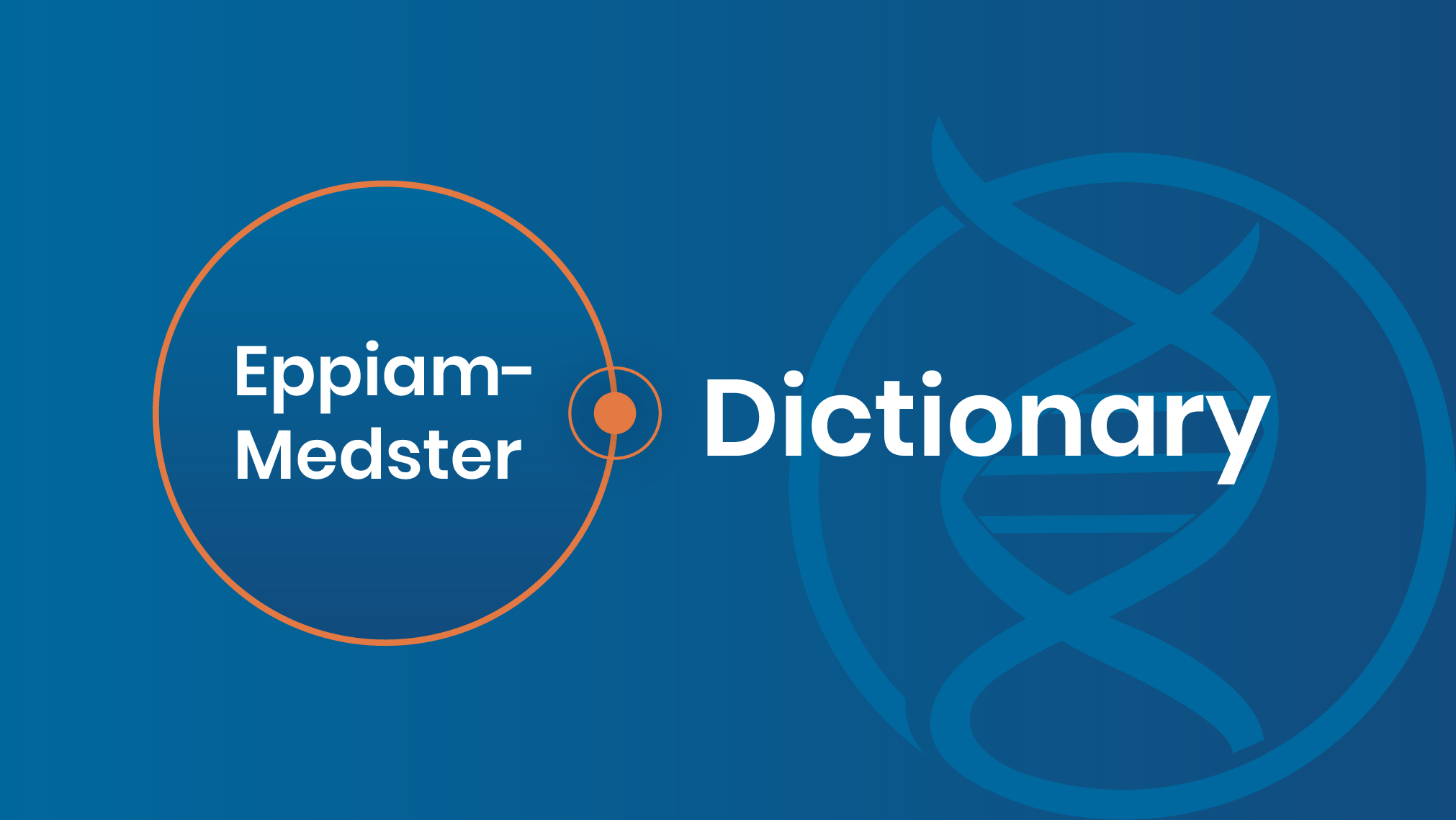“A word saved is a word earned”

Financial Toxicity

Definition:
Noun (term): Describes the harmful effect of out-of-pocket healthcare expenses on quality of life for patients and their family members usually from cancer treatment. It is a potential side effect of treatment just like any other treatment-related “side effect” or “toxicity”. Synonyms include financial burden or financial distress.
Example sentences:
“Oral mucositis (OM) is one of the most common and expensive complications of head and neck cancer treatment. It is responsible not only for treatment delays and interruptions, but also for financial toxicity.”
“Medication-related physical toxicity is addressed early and often, but financial toxicity, which also affects patients’ well-being and quality of care, usually is not.”
Context:
Financial toxicity may include direct medical costs such as copays, coinsurance, and medications and non-medical costs such as transportation, lodging, and loss of wages. Cancer patients have a 2.5 times higher risk of filing for bankruptcy compared to non-cancer patients. Financial toxicity is a risk factor for early mortality. It is also a cause of nonadherence to treatment as patients may skip or delay treatment because of cost.
About the Term:
This term was coined in 2013 by researchers at Duke University to describe the severe financial hardship to patients and their families from high out-of-pocket expenses during cancer treatment.
